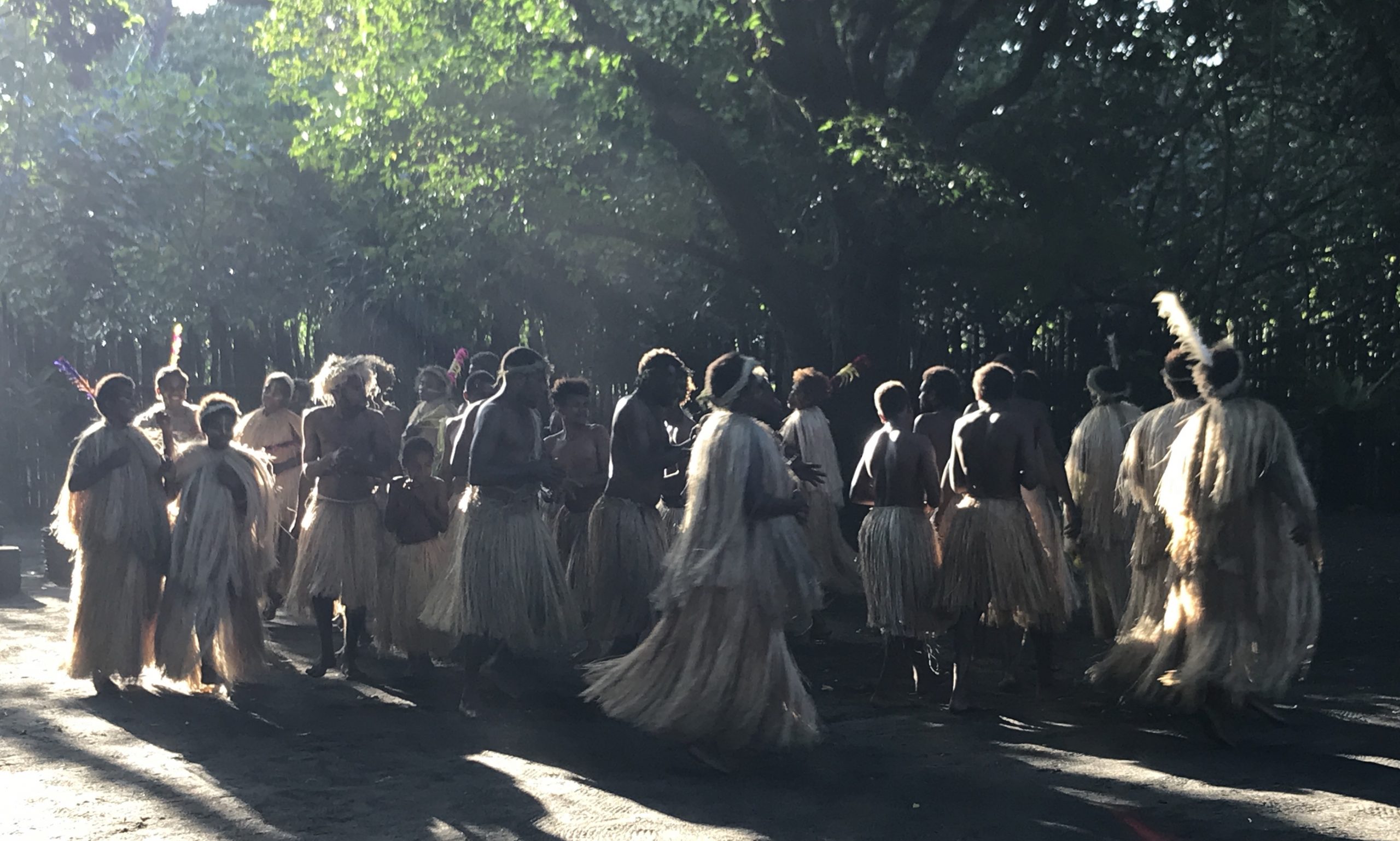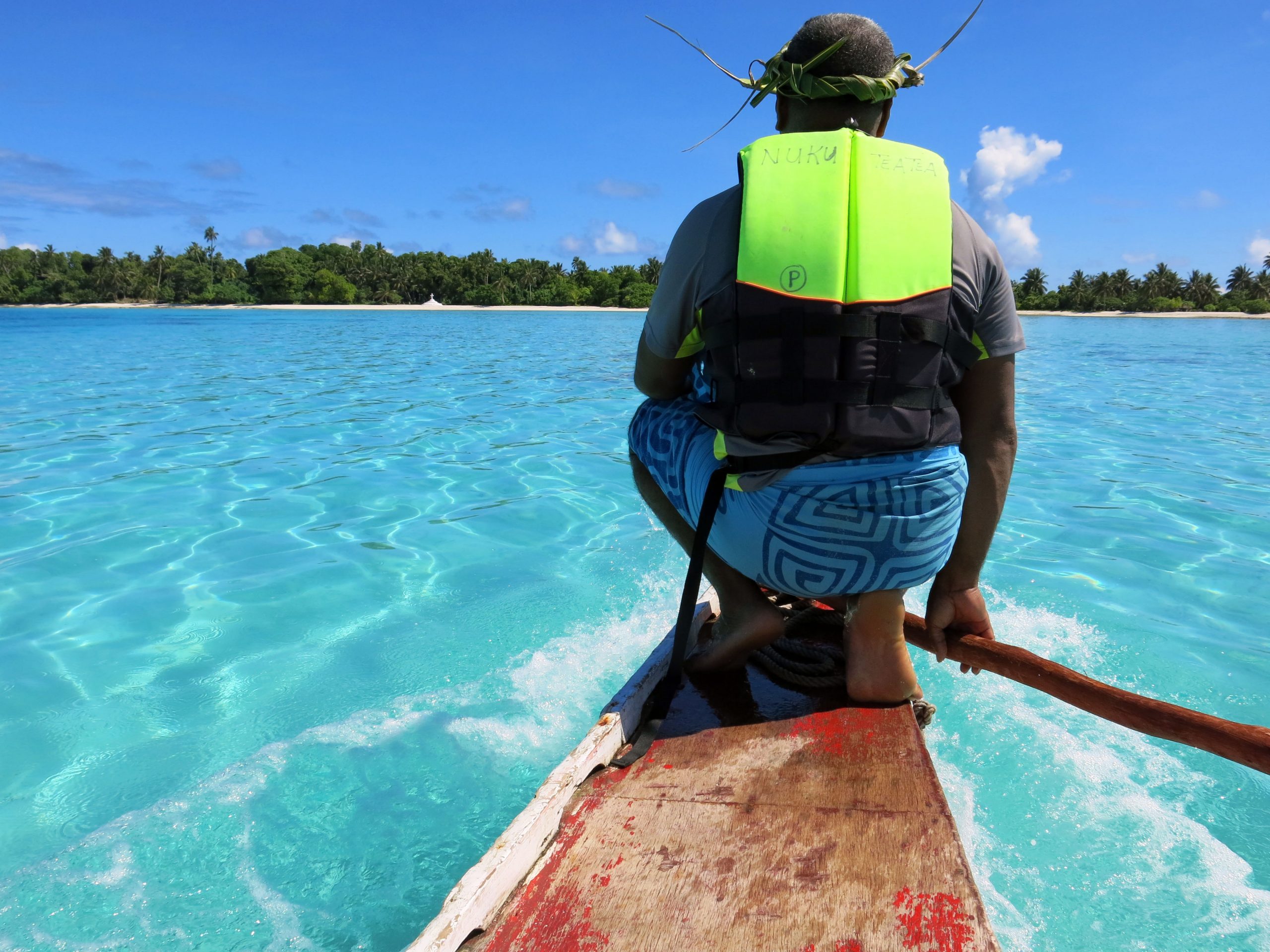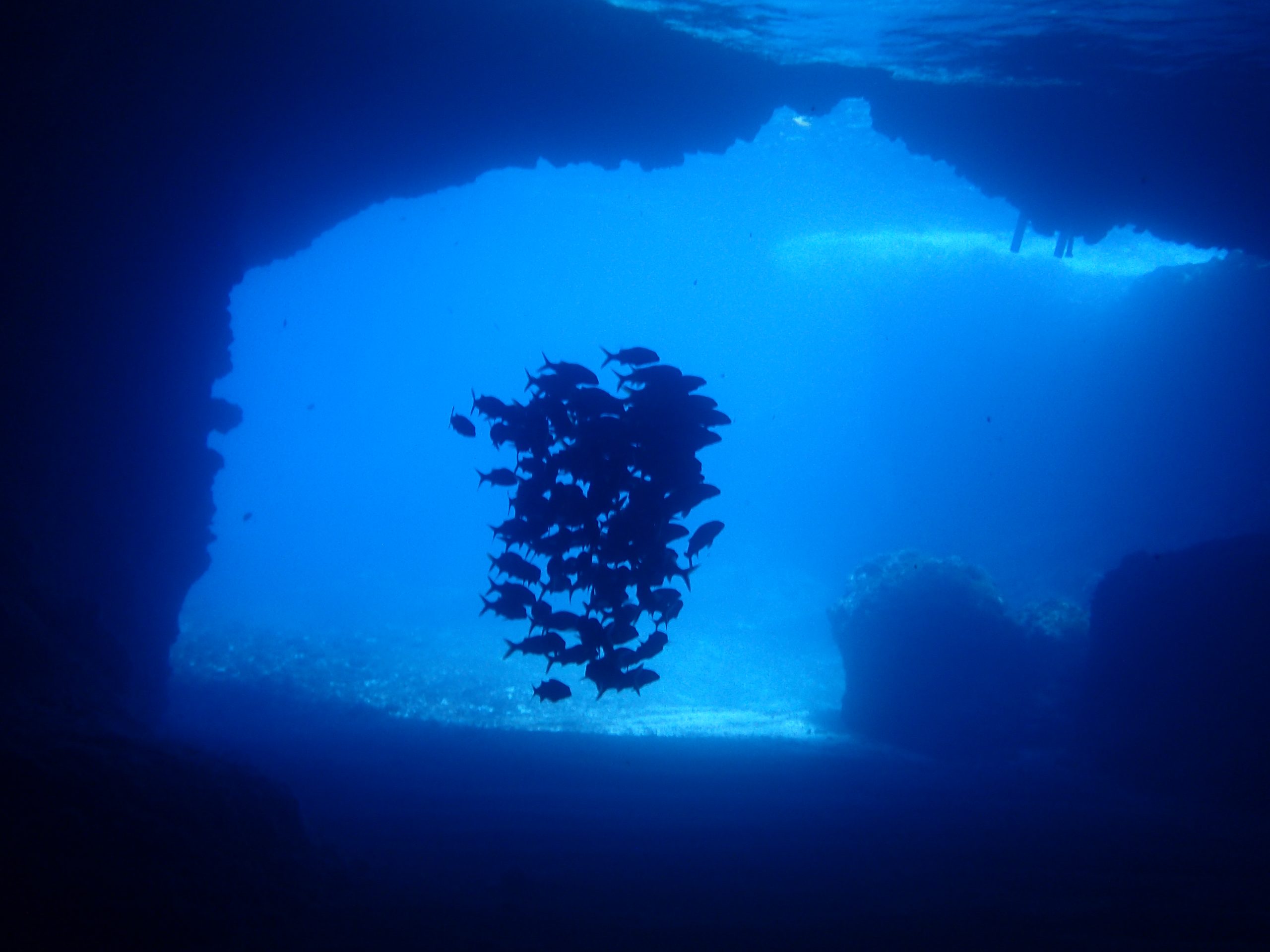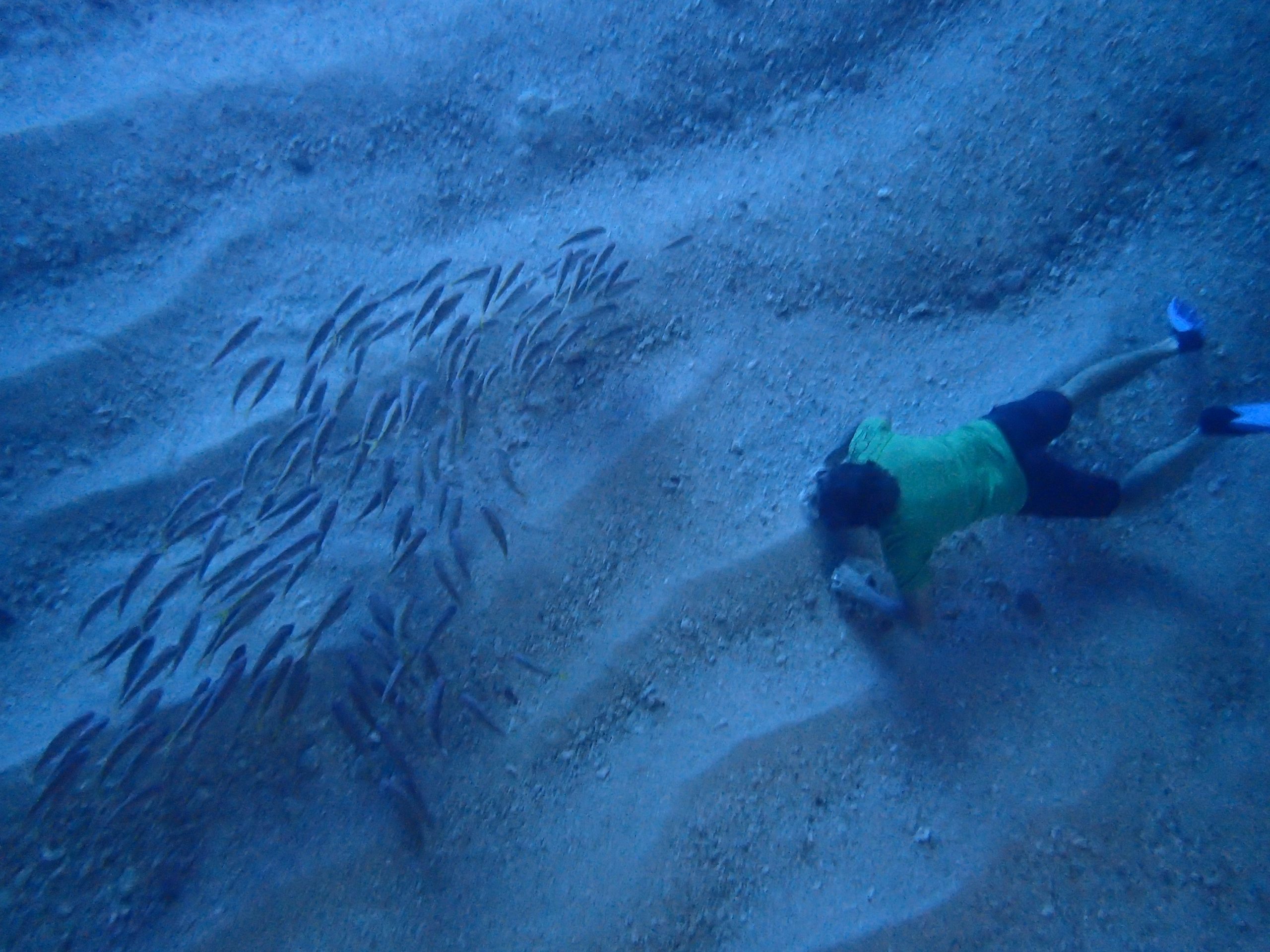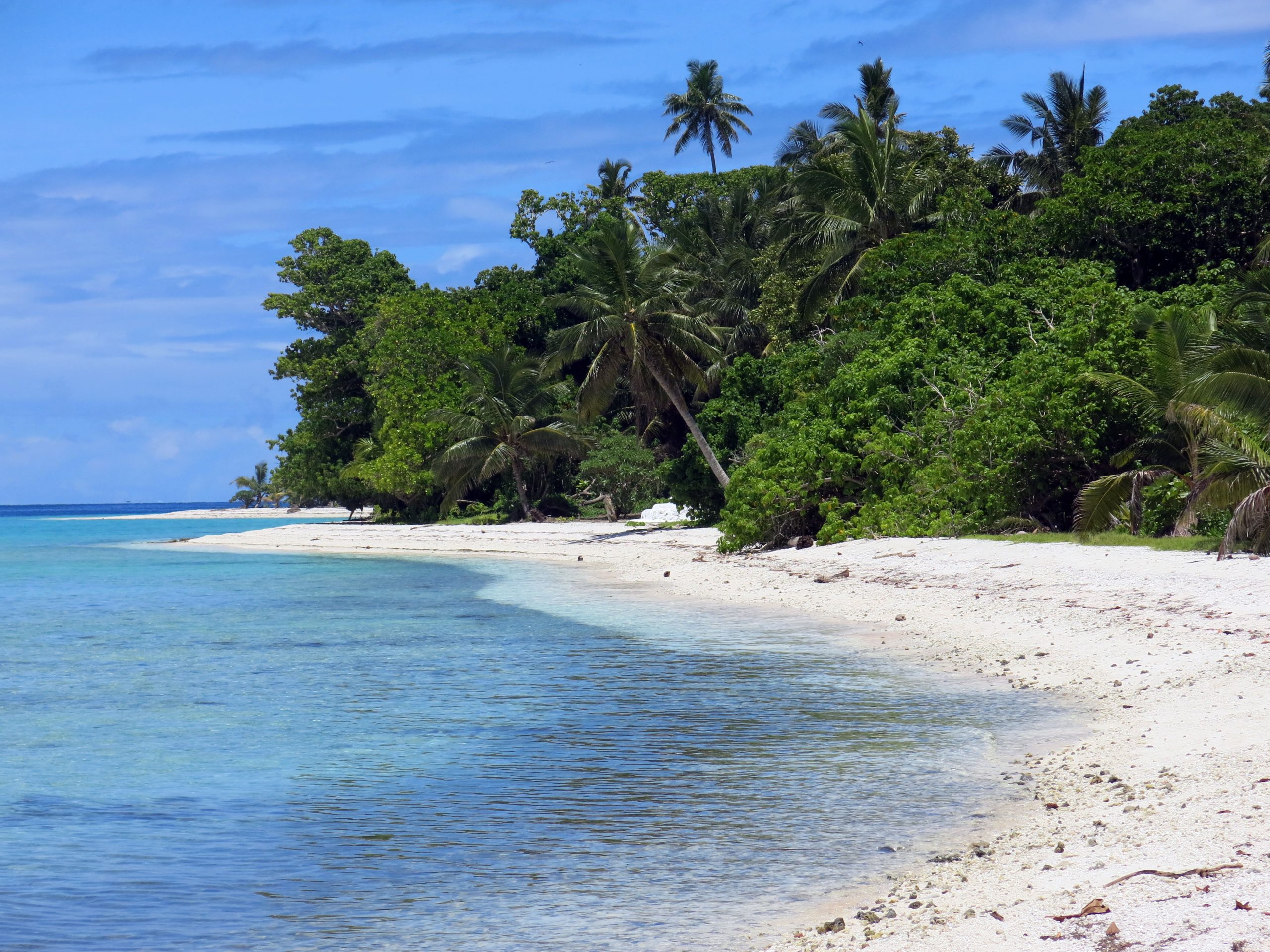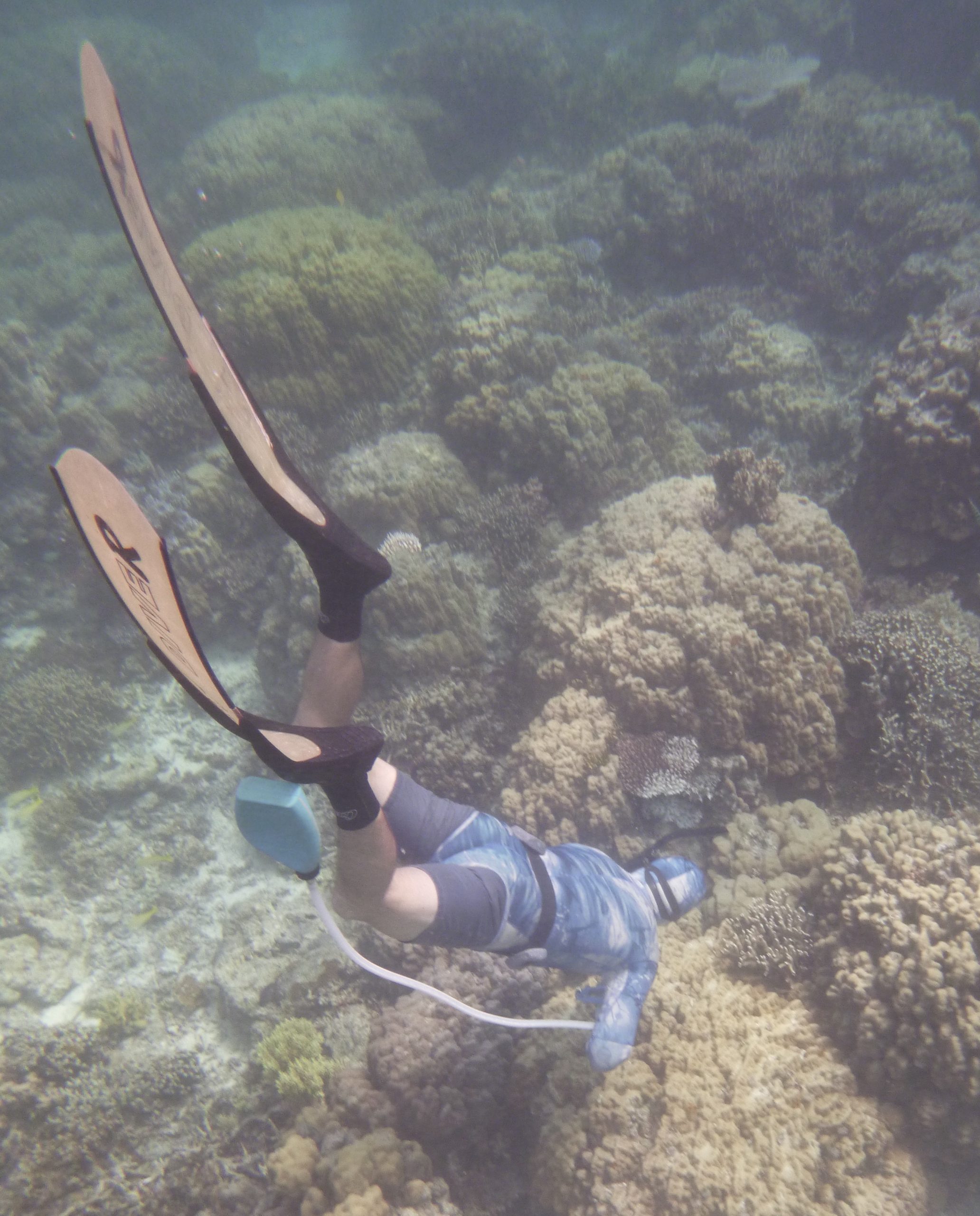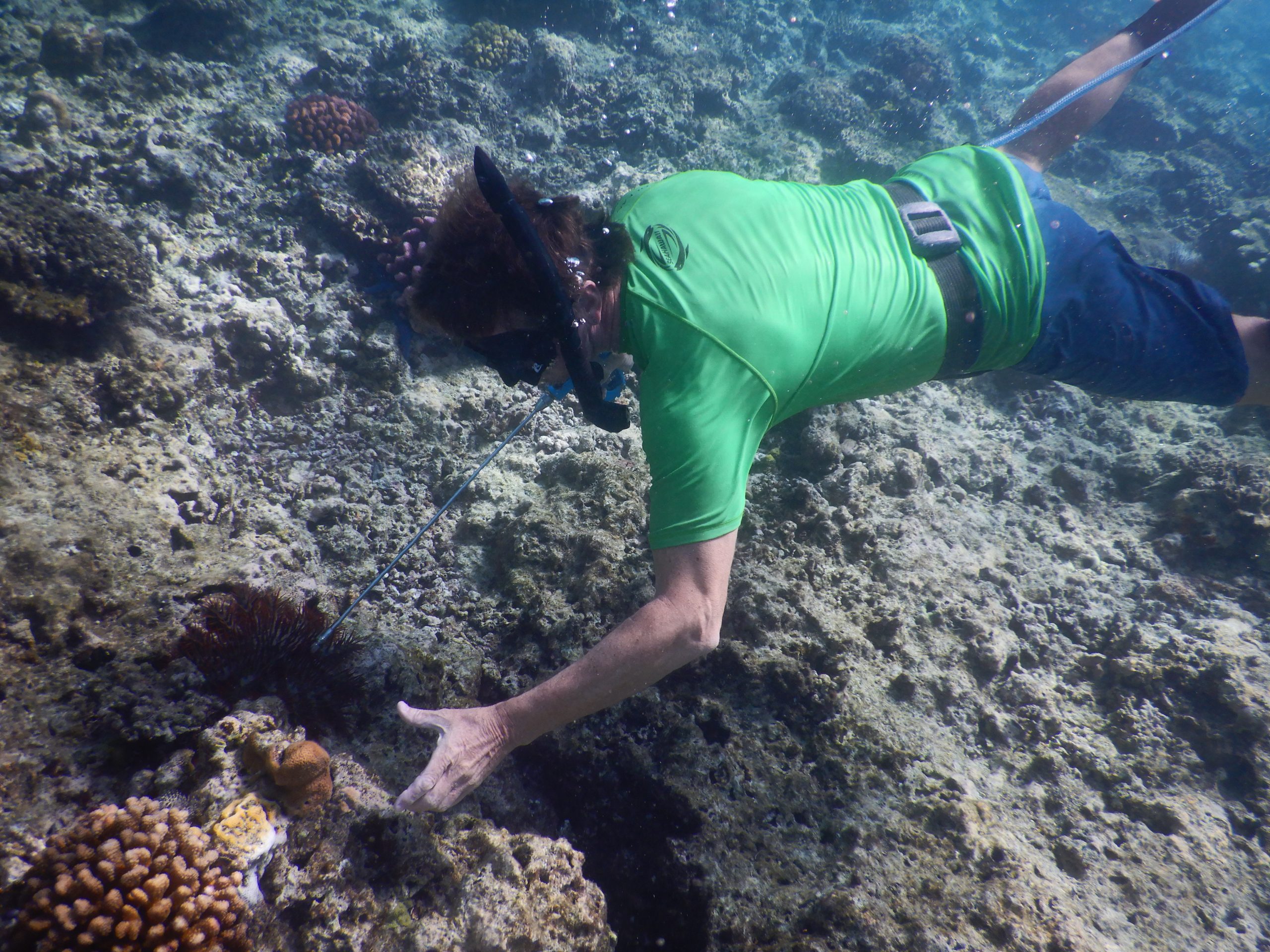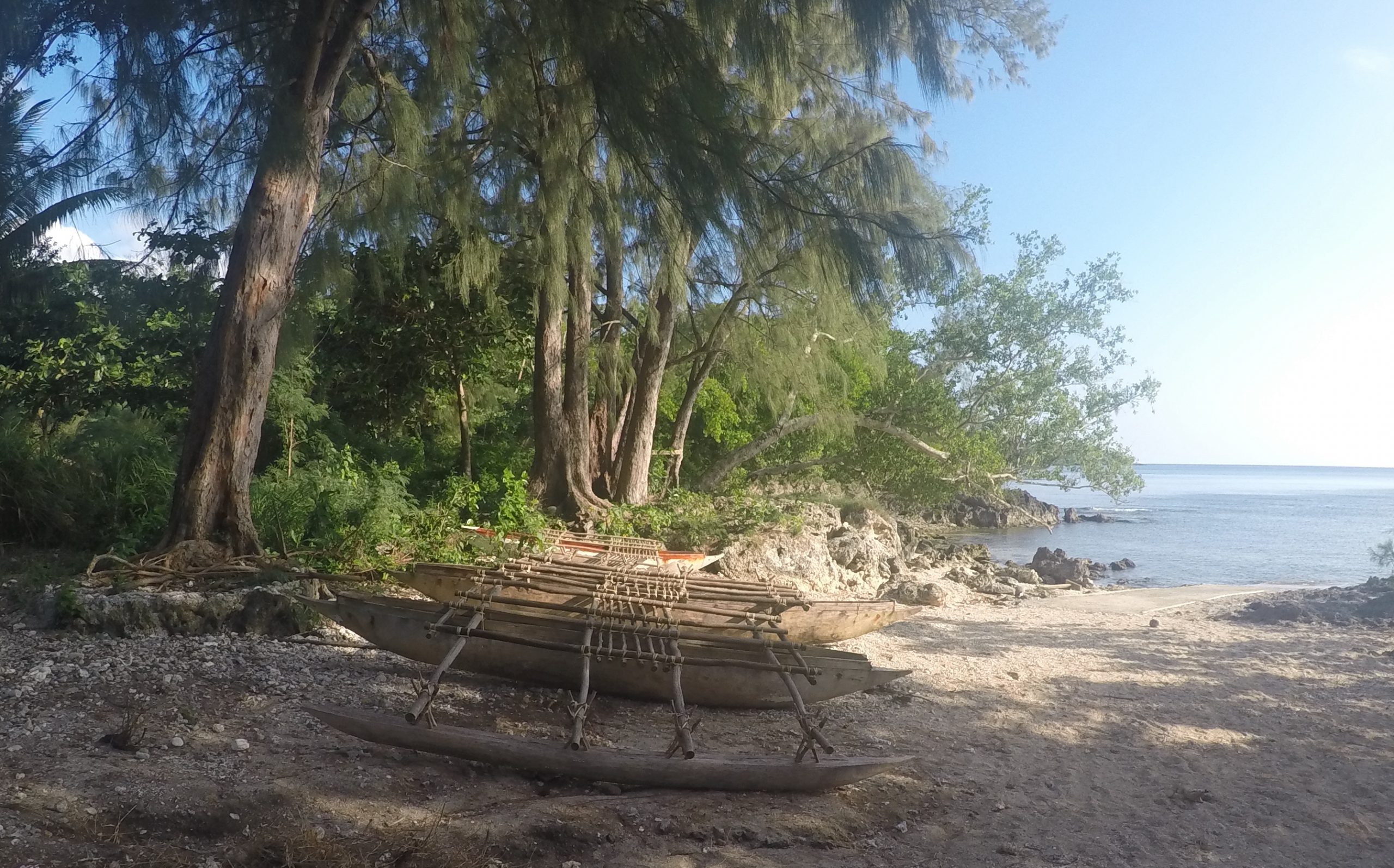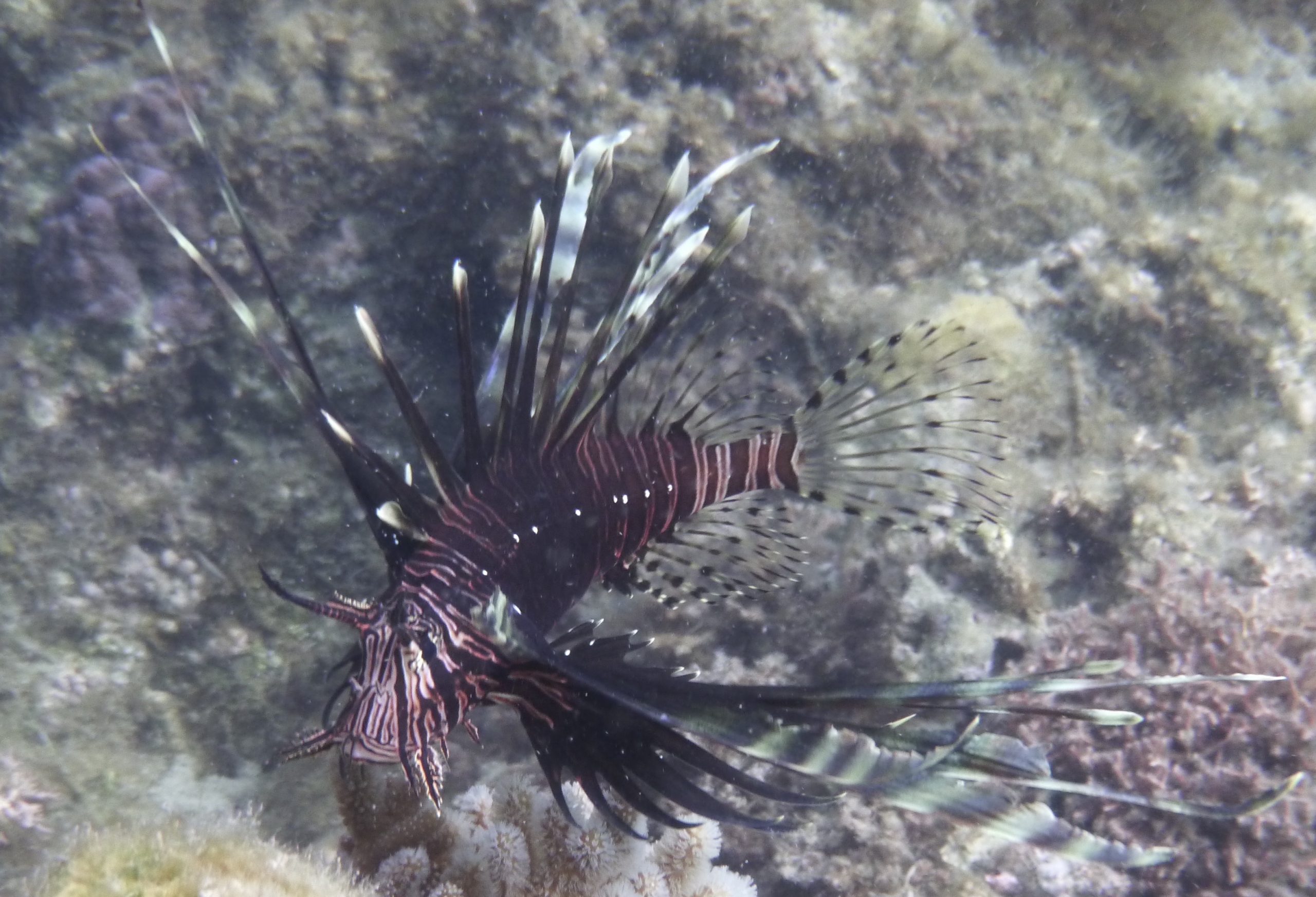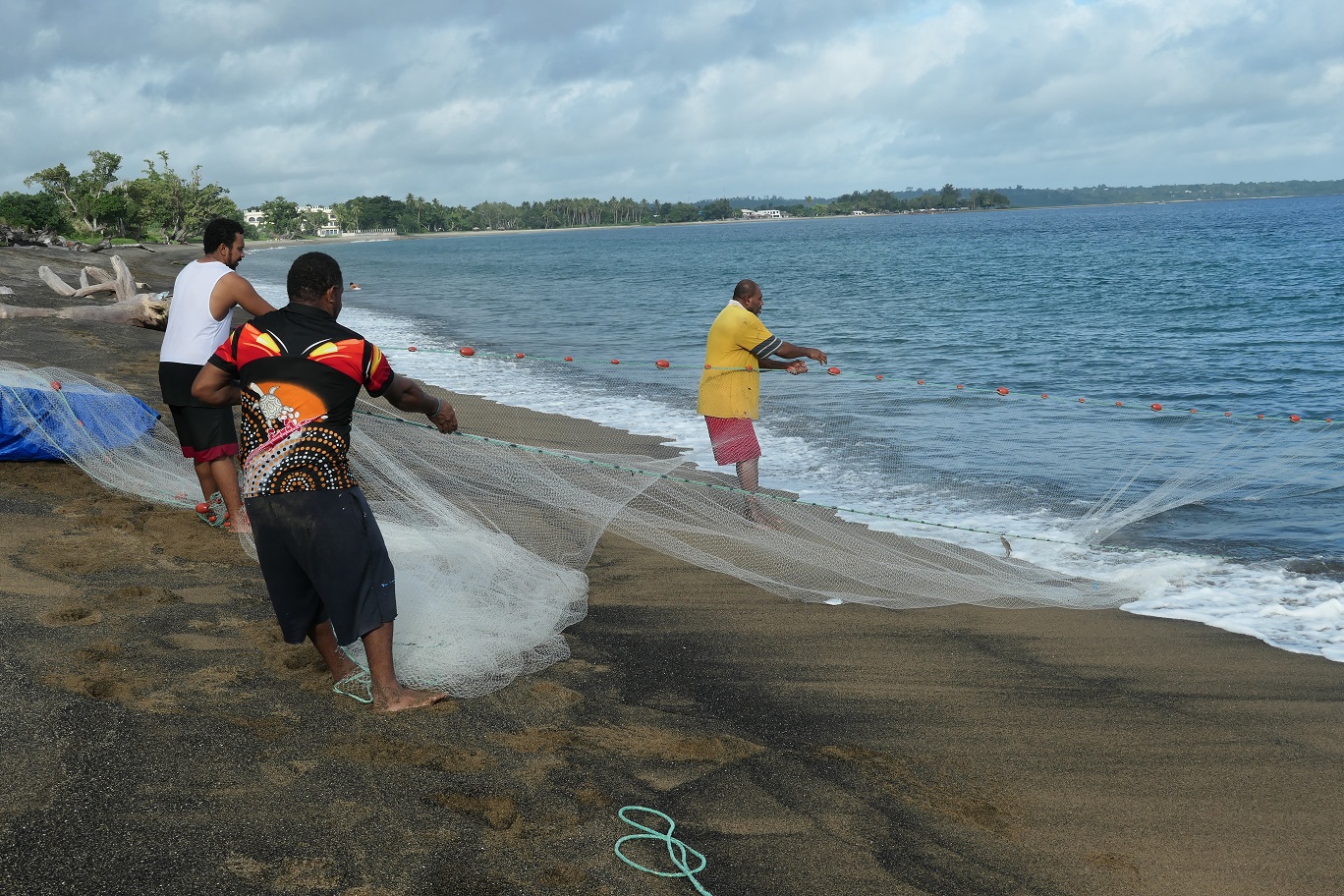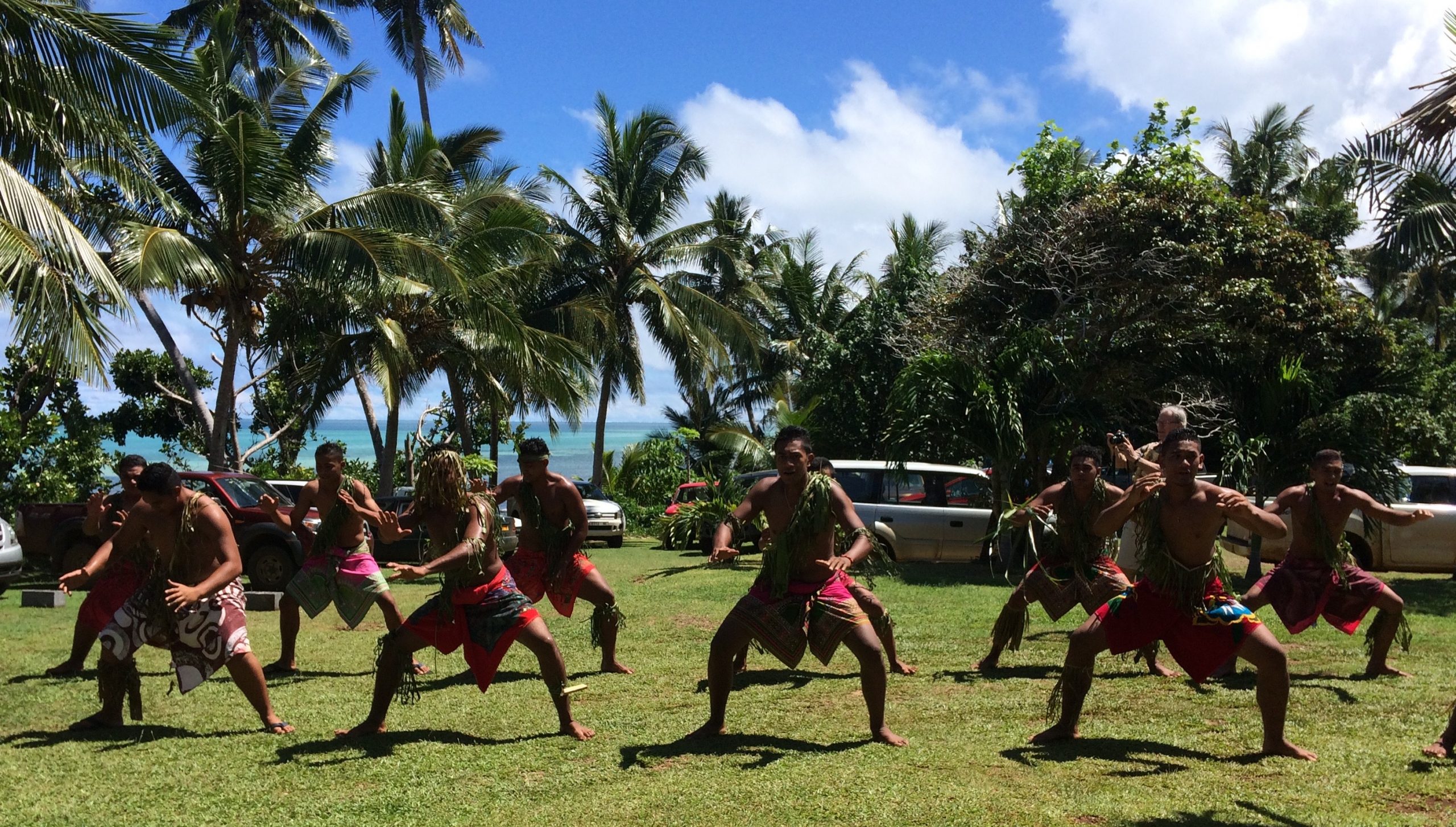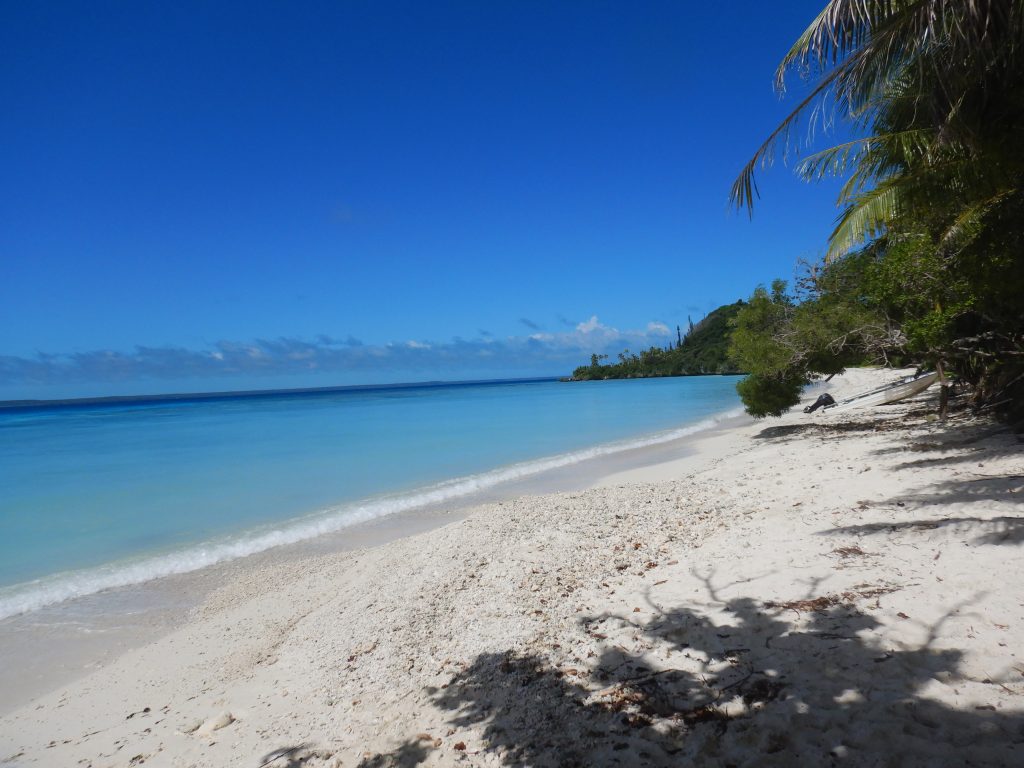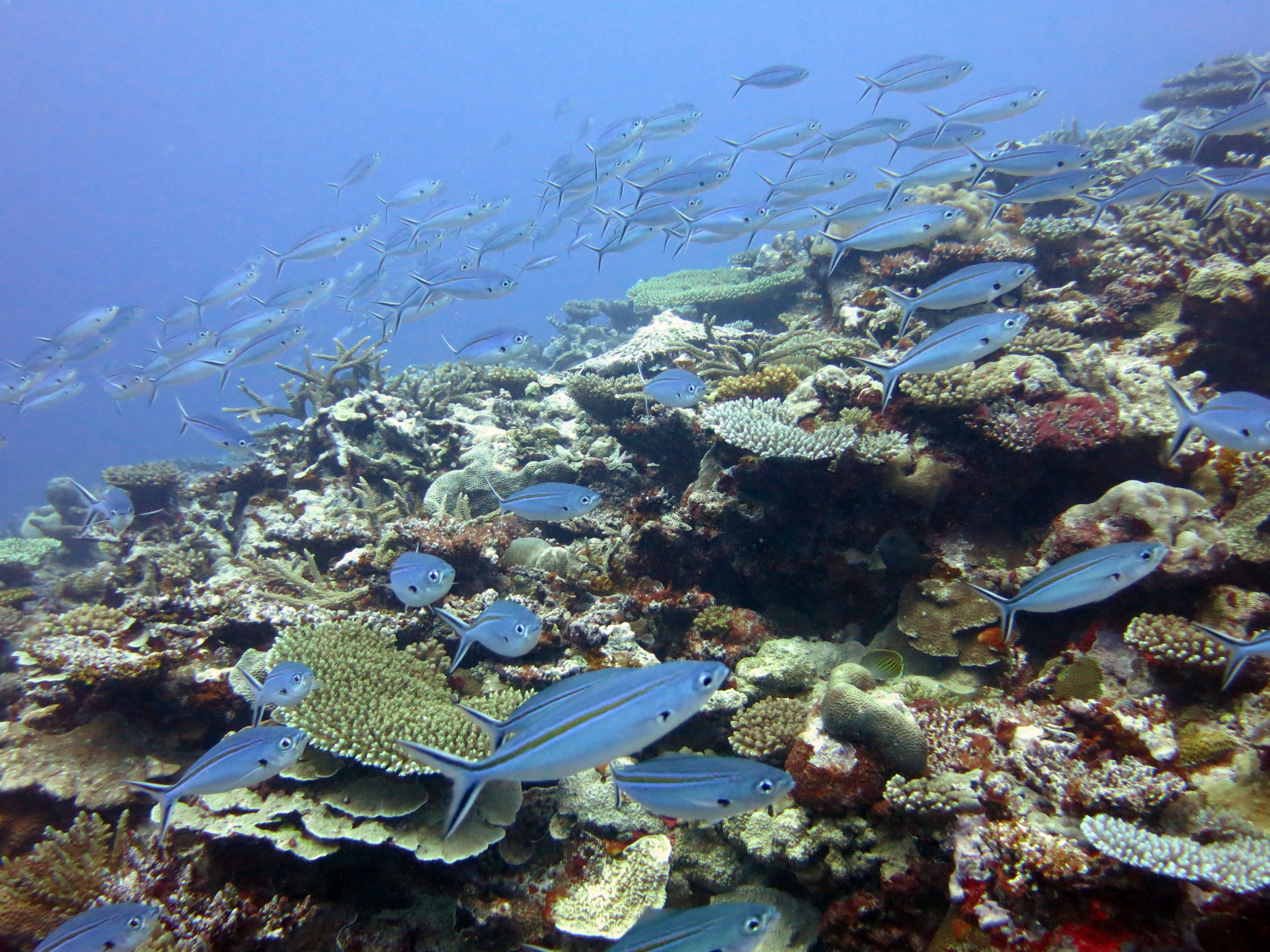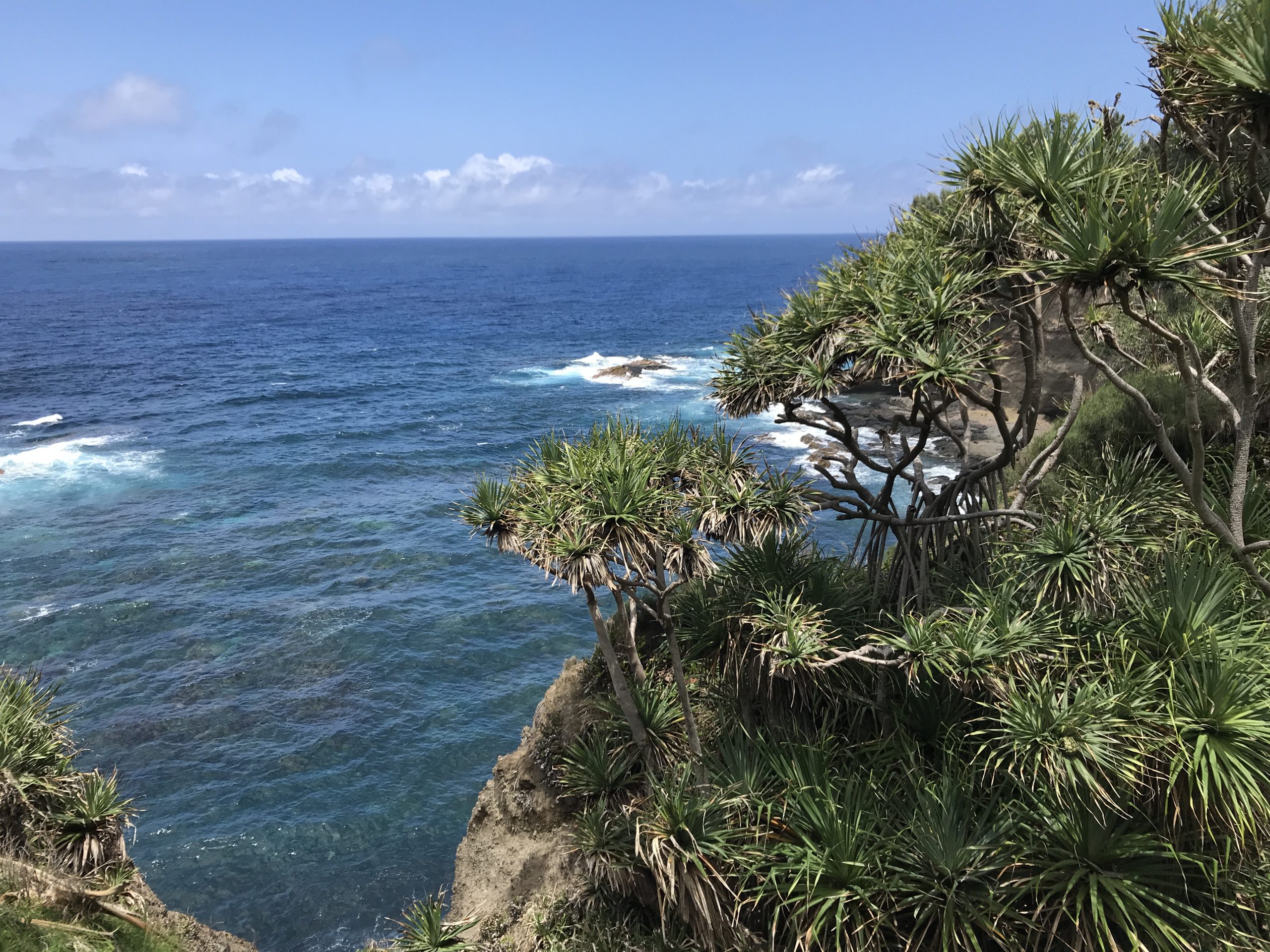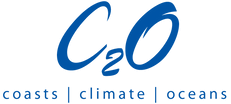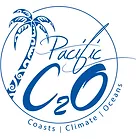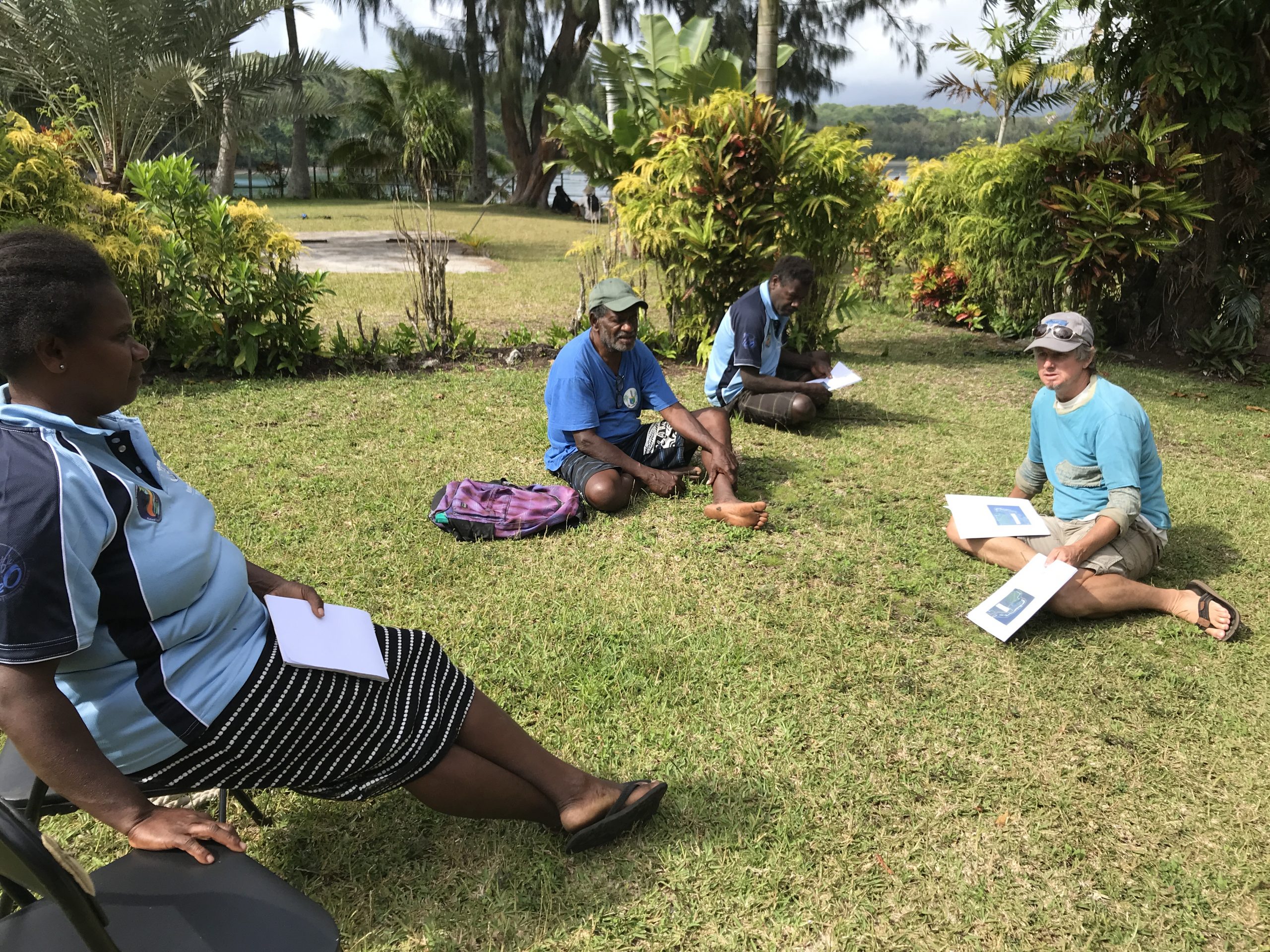
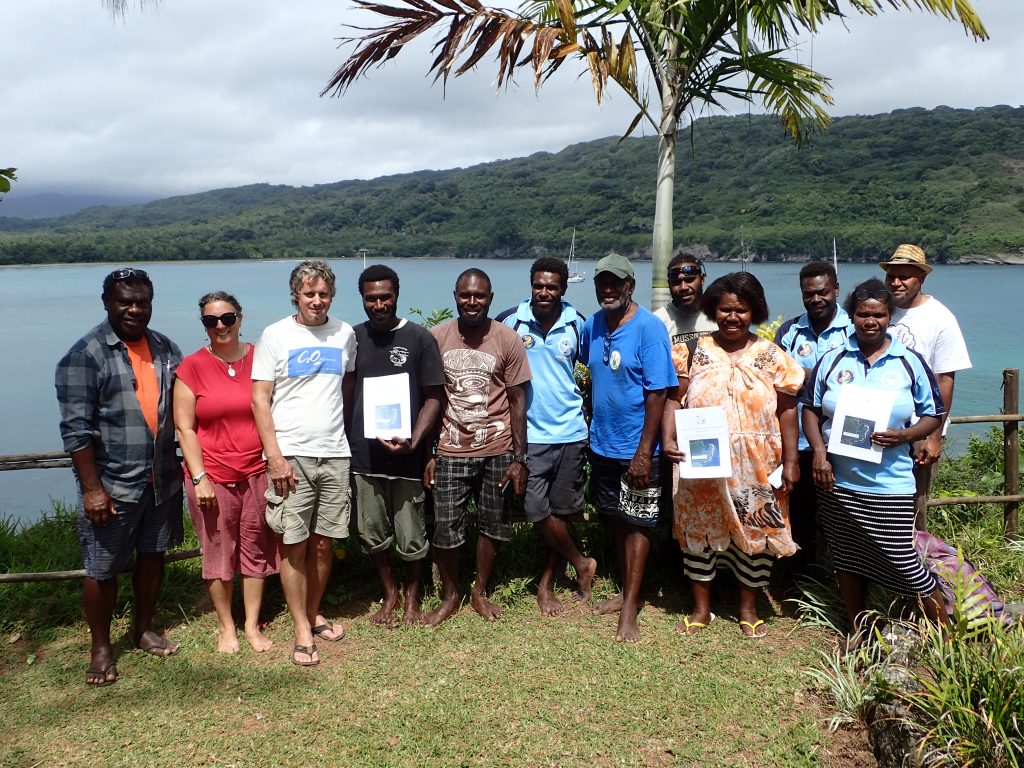

C2O Pacific scientists have collaborated with communities in Pacific island countries and territories to develop tailored monitoring Toolkits that meet specific local needs. They are designed to be used offline and are ideal for communities in remote and rural areas to support sustainable marine resource management. The Toolkit package includes a Manual, Field Guide, survey sheets, data reporting posters, awareness posters, and training for monitors. Toolkits are available for:
- Vanuatu (Toolkit Manual)
- Marshall Islands (Toolkit Manual, and Field Guide)
- Solomon Islands (Toolkit Manual, Field Guide and Awareness Poster)
- Wallis & Futuna (Toolkit Manual, Field Guide and Awareness Poster)
- French Polynesia (Field Guide and Awareness Poster)
The Toolkits enable communities to respond to increasing pressures on marine resources including population growth, natural disturbances, and climate change impacts like coral bleaching and intense storms by providing tools to monitor and take action.
The Toolkit is designed to align with community management plans, as well as national policy and regulations. Data are collected using simplified scientific methods that provide information that governments can use. The monitoring methods are founded in science so community-based monitoring can complement technical scientific monitoring.
Toolkits are tailor-made in partnership with local communities and government to meet location-specific needs. Training is provided on how to use the Toolkit methods and communicate results in-line with community management plans. The Toolkit includes modules for collecting data on reef condition, fish catches, invertebrates, seagrass, and mangroves, and resources for sharing the results to inform local management. The Toolkit is a co-management approach that enables communities to take control of local marine resource management through an inclusive and informed process.
Benefits that communities have reported from using the Toolkit include:
- Increased local awareness of coastal and marine issues
- An early warning system to detect changes and impacts
- Information to manage resources and understand if local actions are working
- Instant results that can be shared and discussed by communities
- Improved food security
- New livelihood opportunities, e.g. eco-tourism
C2O Pacific has developed the Community Marine Monitoring Toolkits with support from SPC, FFEM, AFD, Experiment, MIMRA, WCS and SPREP.
Contact us to find out more about the Toolkit and how we can help tailor it to your location and train community monitors.
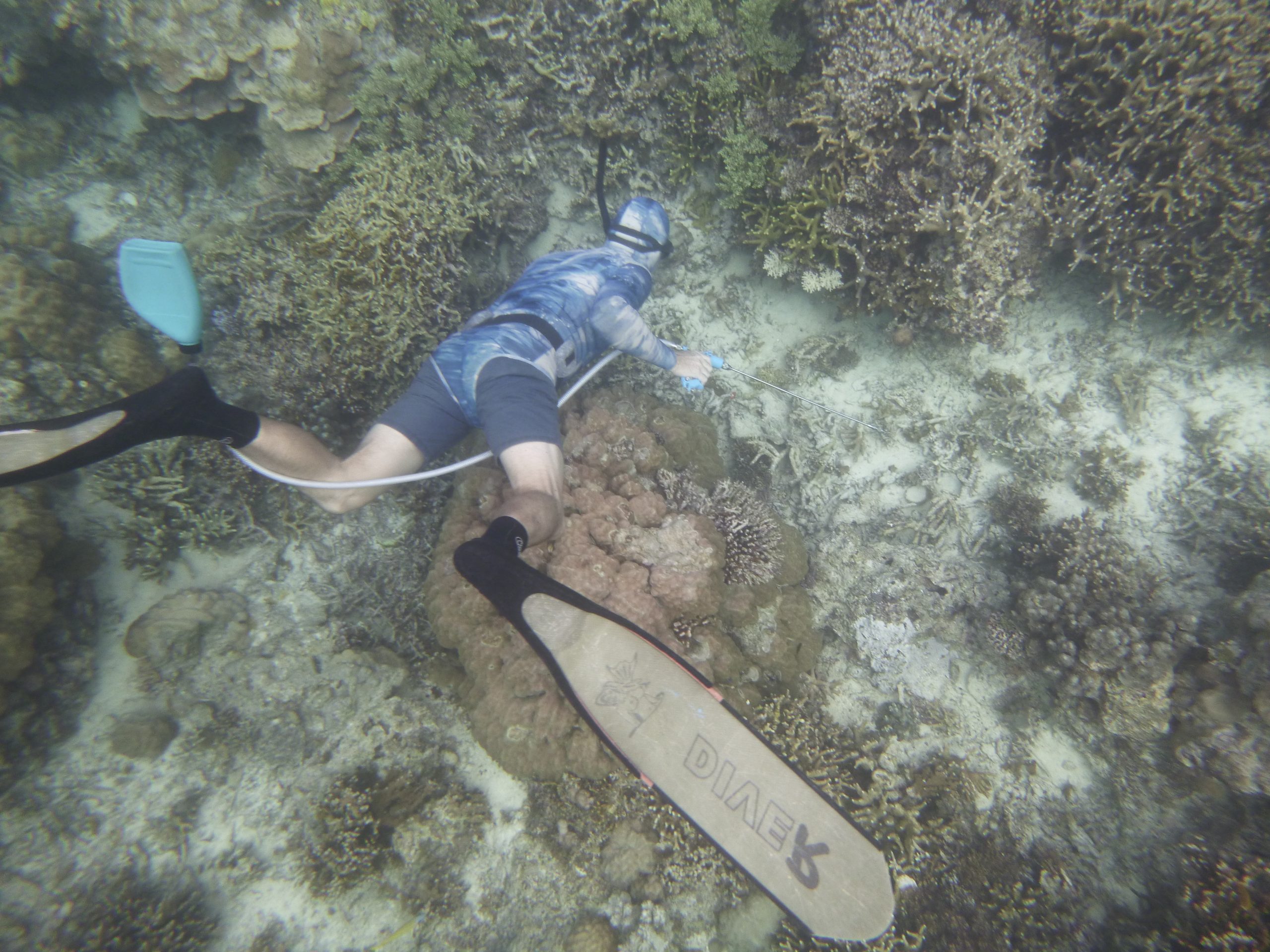
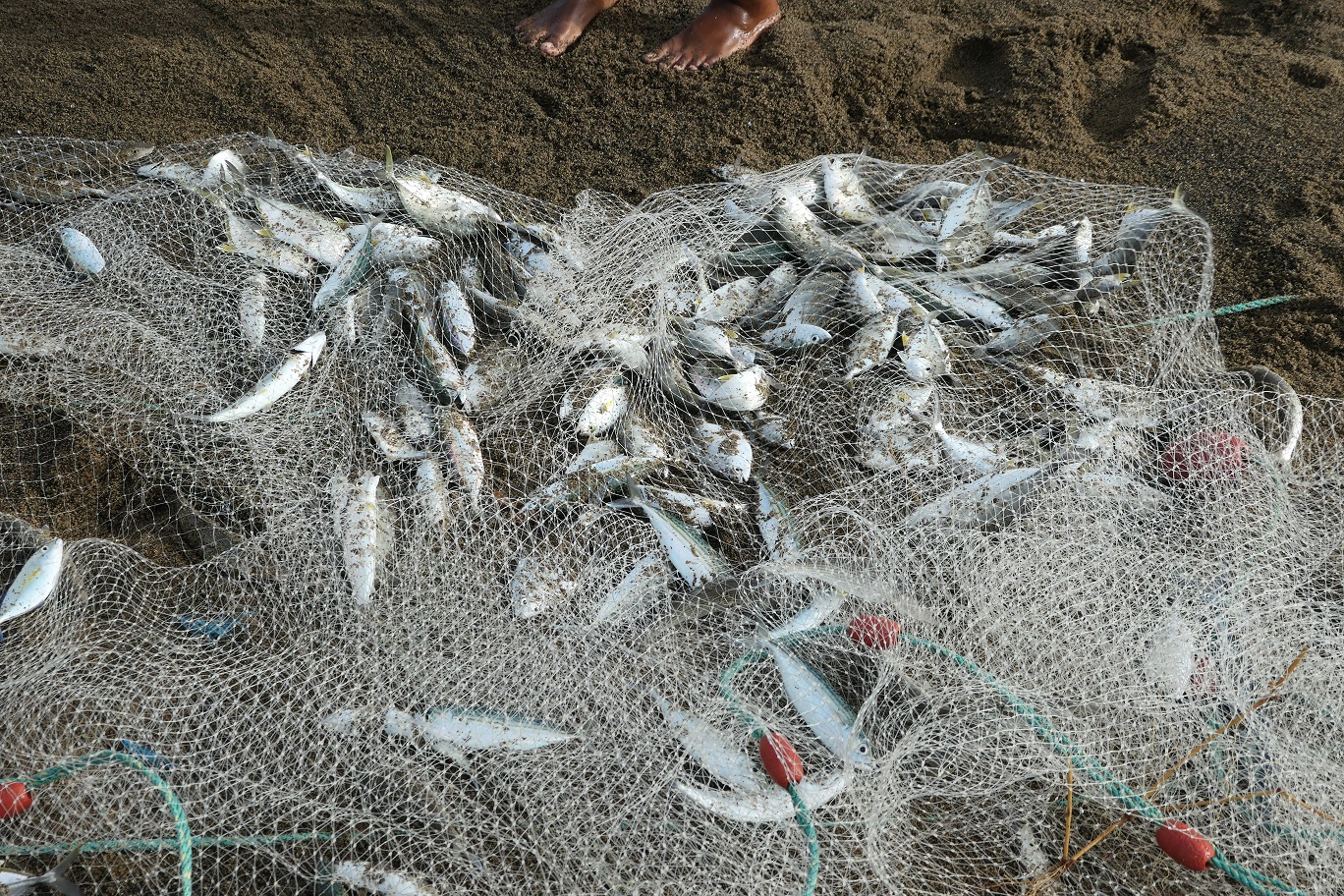

“The Toolkit is the first of its kind and complements our existing conservation program (Reimaanlok – National Conservation Area Plan).”
Emma Kabua-Tibon, Marshall Islands Marine Resources Authority
“We assisted in designing the Toolkit to make sure that it answers what the community wants and also a way that the Department can use to analyse what is happening with the resources.”
Jeremie Kaltavara, Vanuatu Fisheries Department
“The Toolkit has been very helpful for us. Through the fish catch surveys, the community found that they were catching lots of very small fish. When we presented the results to the community, they understood them clearly.”
George Kalkuau, Efate Provincial Councillor, Tanoliu
“This helps to improve our food security by not overharvesting and manage our fish and shellfish stocks.”
Salome Kalo, Pele Island
